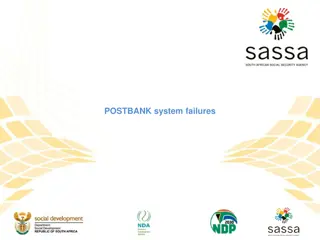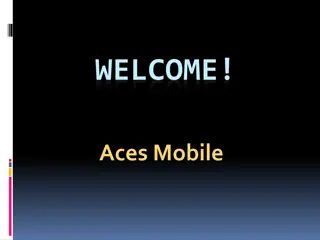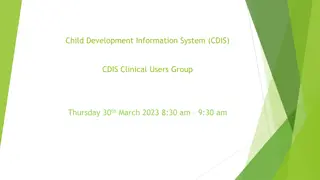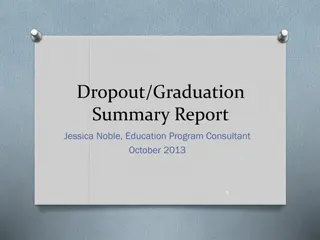United Spinal Association: Empowering People with Disabilities
The United Spinal Association is dedicated to enhancing the quality of life for wheelchair users and the broader disability community. With over 75 years of commitment, they empower individuals with spinal cord injuries and disorders to achieve the highest possible quality of life through advocacy, support groups, and partnerships with medical institutions and government agencies. Their focus on data collection and research plays a crucial role in addressing health disparities and improving clinical care for individuals with disabilities.
Download Presentation

Please find below an Image/Link to download the presentation.
The content on the website is provided AS IS for your information and personal use only. It may not be sold, licensed, or shared on other websites without obtaining consent from the author. Download presentation by click this link. If you encounter any issues during the download, it is possible that the publisher has removed the file from their server.
E N D
Presentation Transcript
2022 State of the Science on Disability Statistics Conference October 6-7, 2022 Washington, DC Using Disability Statistics and Key Examples: Data Uses and Needs Alexandra Bennewith, MPA Vice President, Government Relations United Spinal Association abennewith@unitedspinal.org
Our Vision and Mission Our Vision and Mission Vision: United Spinal Association envisions a world in which people with spinal cord injuries and disorders (SCI/D) and wheelchair users can realize their full potential. Mission: United Spinal Association s mission is to empower and advocate for people with spinal cord injuries and disorders (SCI/D) and wheelchair users to achieve the highest possible quality of life.
Who We Are Who We Are Over 75 years dedicated to enhancing the quality of life of all wheelchair users and the broader disability community 5.5 million wheelchair users in the U.S./61 million disabled people in the United States (U.S. Census Data) Nearly 50 chapters and 200 support groups 60,000 Members 100+ premier rehabilitation hospital business members New Mobility Magazine lifestyle magazine for wheelchair users VA-accredited veterans service organization (VSO) serving veterans with disabilities of all kinds Partnership with 18 distinguished Spinal Cord Injury Model System Centers that support innovative projects and research in the field of SCI
Got Data? Got Data? Centers for Disease Control and Prevention National Neurological Conditions Surveillance System/National Center on Birth Defects and Developmental Disabilities National Institute of Minority Health and Health Disparities (Other NIH ICs) Department of Labor Office of Disability Employment Policy Department of Transportation Federal Communications Commission
Got Data? Got Data? National Council on Disability Health Equity Framework Special Medically Underserved Population (SMUP) Designation Health Disparities Population Designation Comprehensive Disability Clinical Care Curricula Accessible Medical Diagnostic Equipment Improved Data Collection Health and Human Services Administration for Community Living/National Institute of Disability, Independent Living and Rehabilitation Research, (formerly NIDRR) Centers for Medicare and Medicaid Services (Home and Community Based Services) U.S. Census Bureau
Then what? Then what? Executive Orders (EO) and RFIs Advancing Racial Equity and Support for Underserved Communities Through the Federal Government EO 13985 January 2021 Diversity, Equity, Inclusion and Accessibility - EO 14035 June 2021 White House Request for Information on Data Equity October 3, 2022 Section 504 of the Rehabilitation Act of 1973 is a national law that protects qualified individuals from discrimination based on their disability and applies to employers and organizations that receive financial assistance from any Federal department or agency, including the U.S. Department of Health and Human Services where the Federal agency, CMS is housed. July 1990, Congress enacted the landmark Americans with Disabilities Act to provide a clear and comprehensive national mandate for the elimination of discrimination against individuals with disabilities. Title II of the ADA requires public entities to administer services, programs, and activities in the most integrated setting appropriate to the needs of qualified individuals with disabilities. June 22, 1999, the United States Supreme Court held in Olmstead v. L.C. that unjustified segregation of persons with disabilities constitutes discrimination in violation of Title II of the ADA. The Court held that public entities must provide community-based services to persons with disabilities when (1) such services are appropriate; (2) the affected persons do not oppose community-based treatment; and (3) community-based services can be reasonably accommodated.
Everyone needs to be identified Everyone needs to be identified When everyone can be identified That s when we have a true democracy Let s work together to reach that goal THANK YOU




























